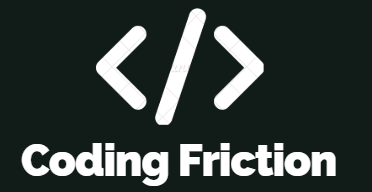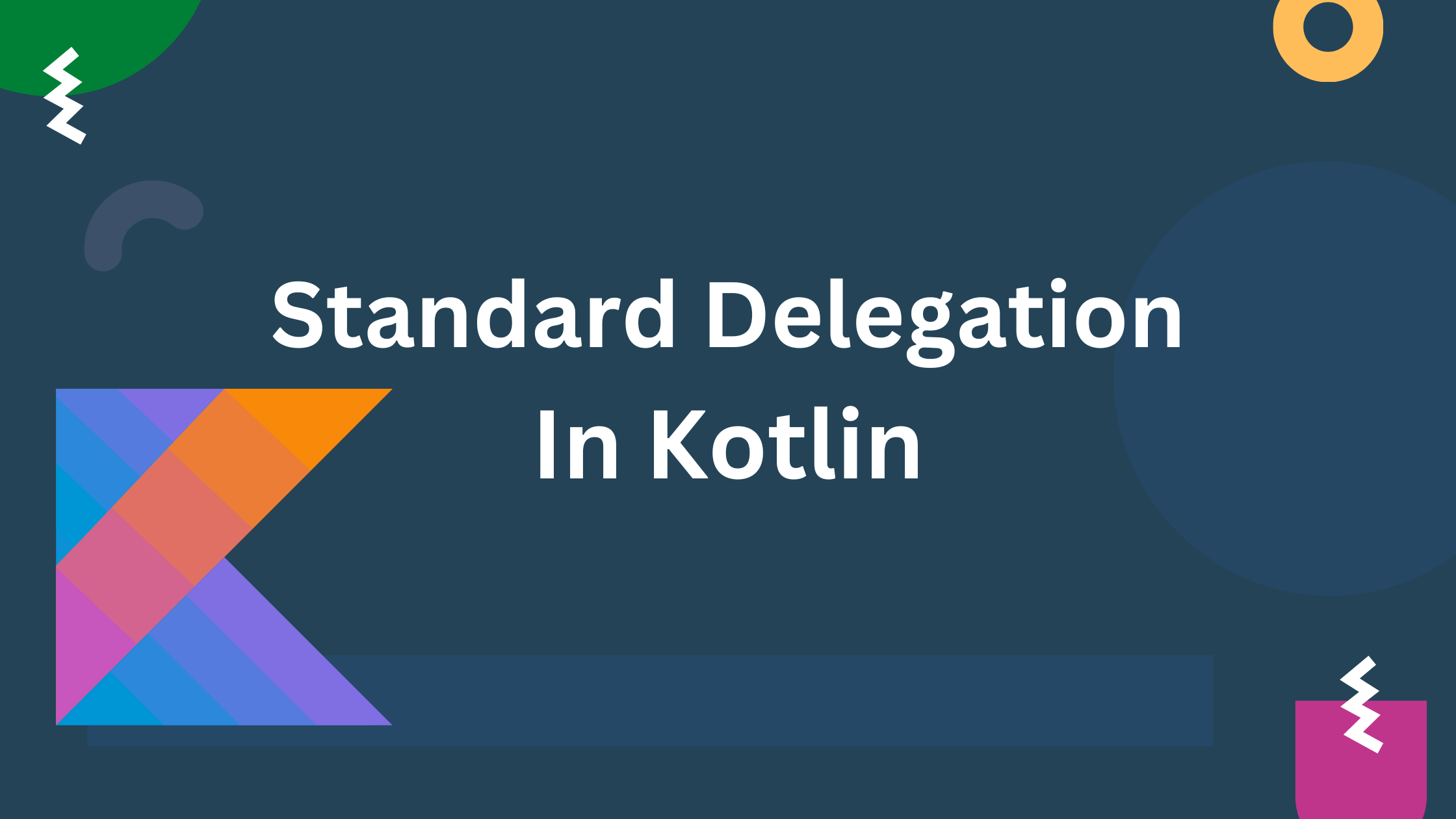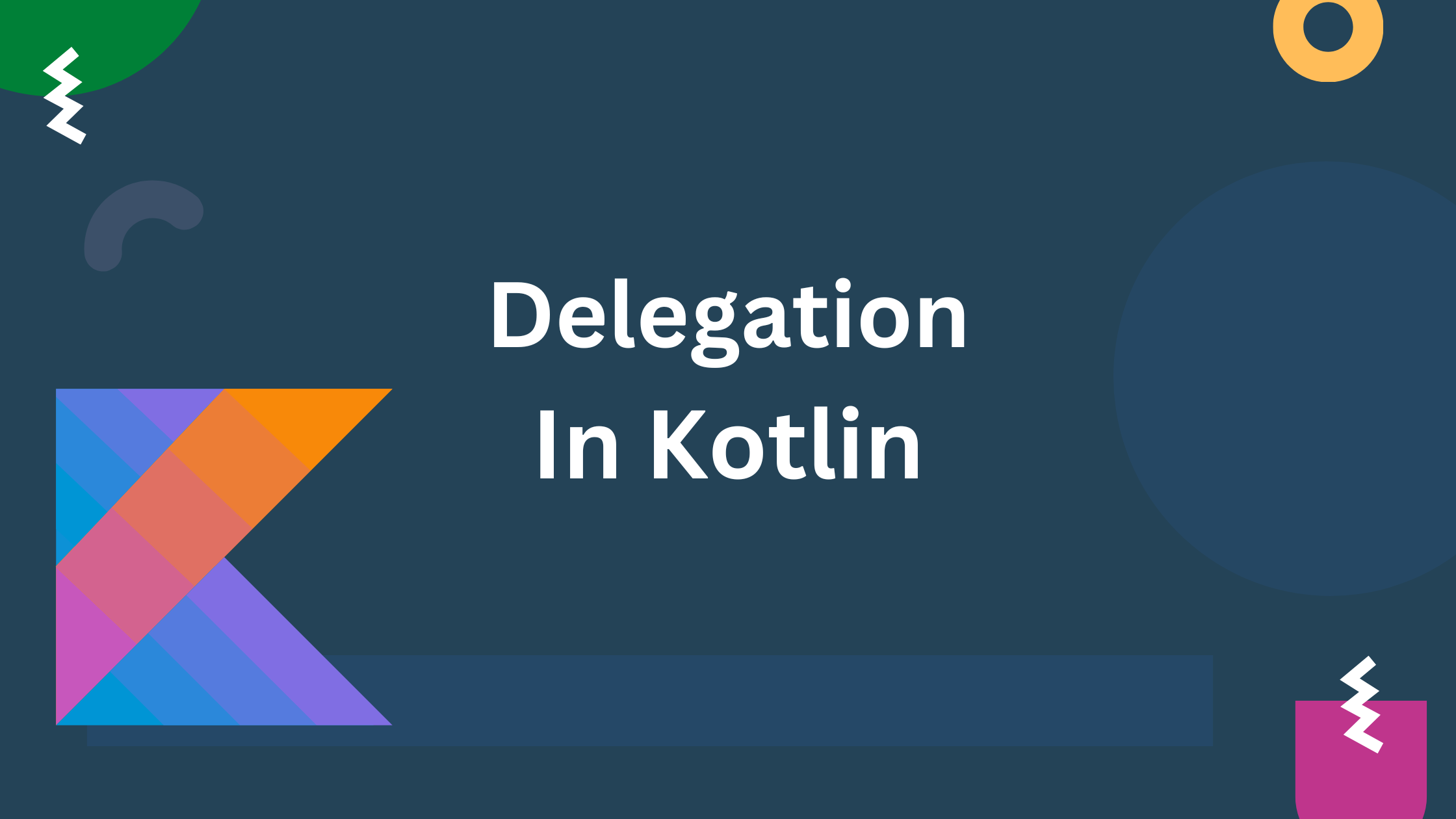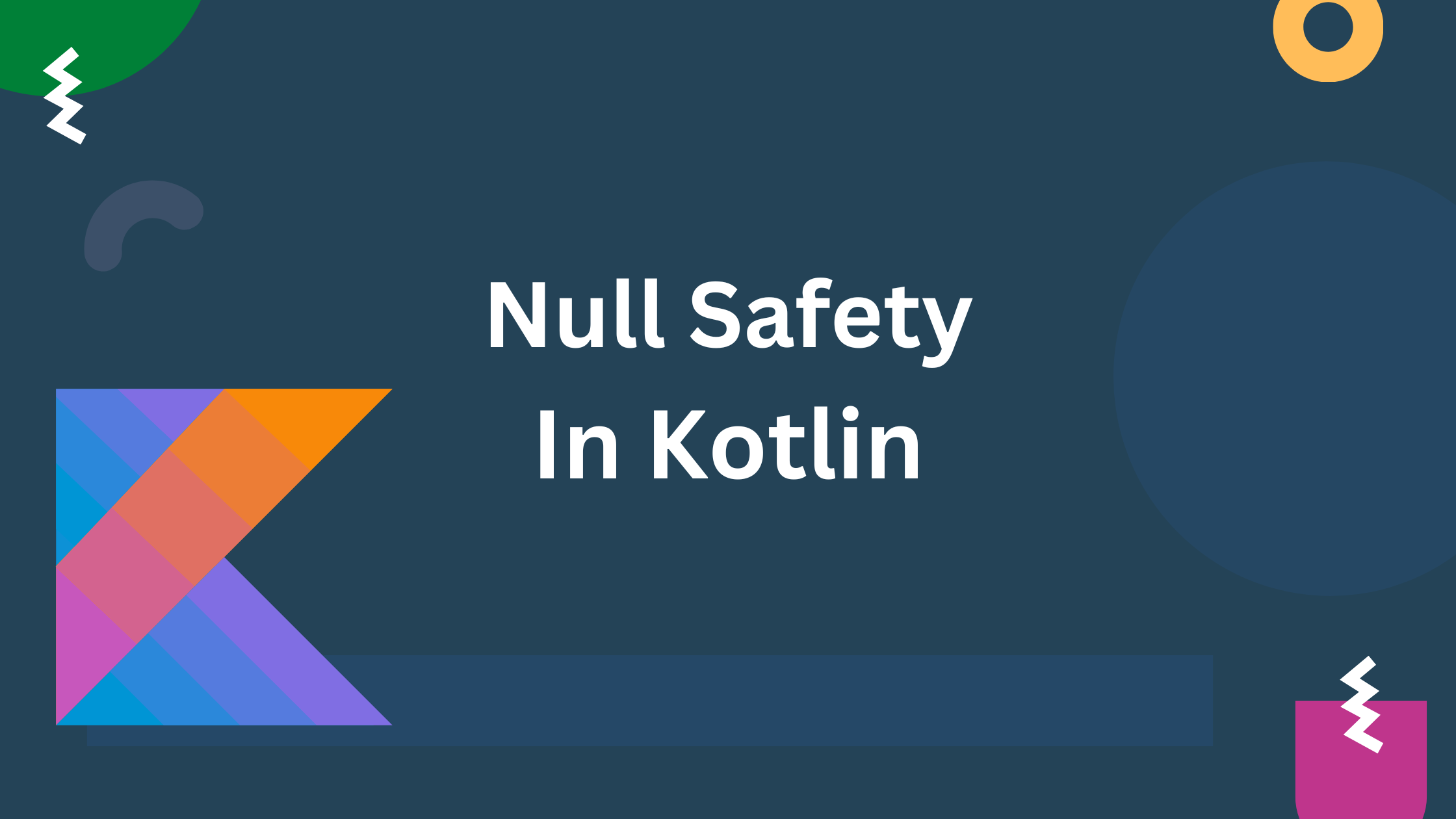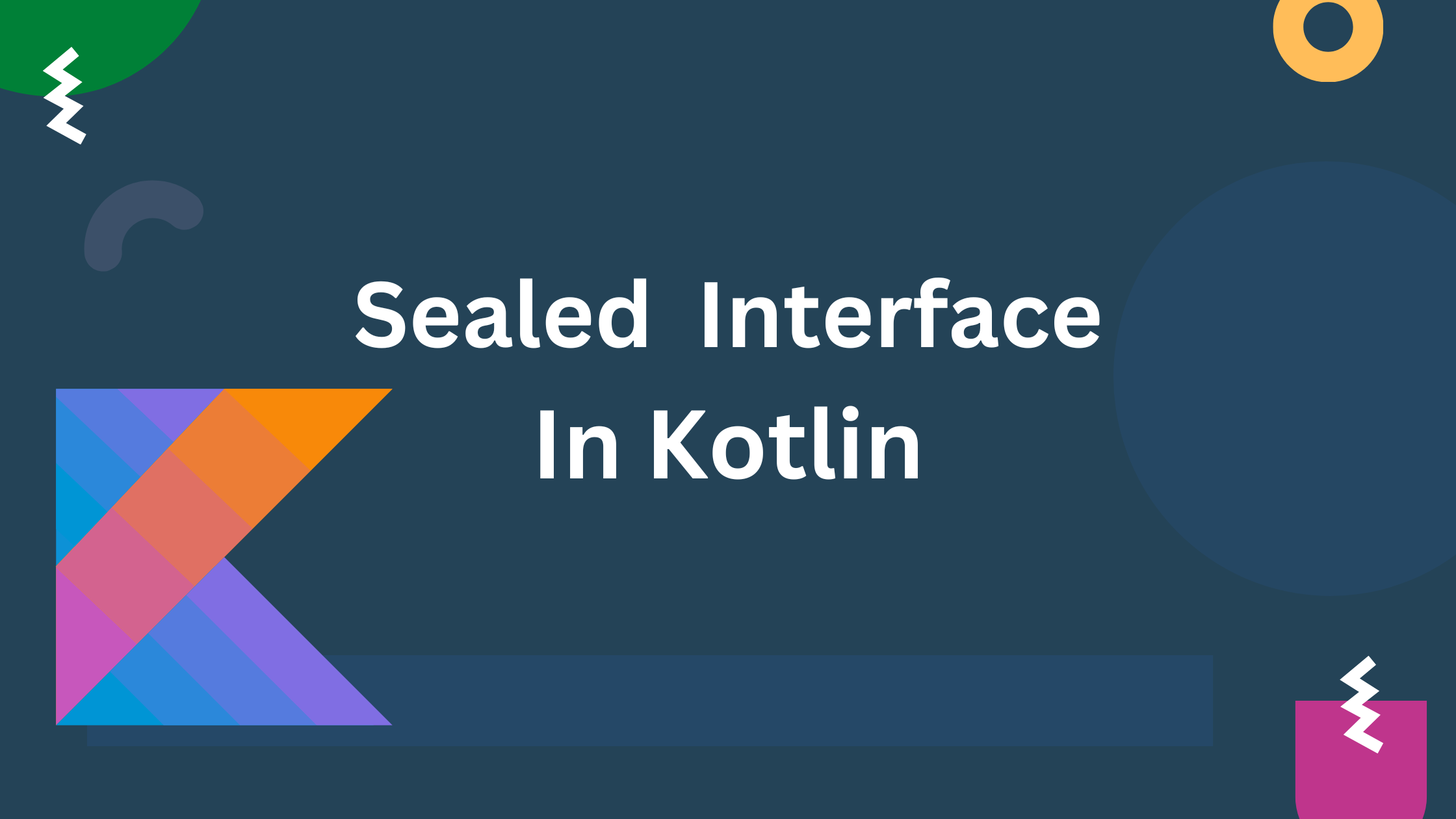Variable is Container to store values, every variable should be declared before using otherwise it gives syntax errors.
variable name should be declared using lowerCamelCase.
Variable declaration With initialization: If variable is declare with initialization there is no need to specify its data type
fun main() {
// variable declaration and initialization
var color = "Green"
val name = "Coding Friction"
println(color)
println(name)
}To declare variables use var or val keyword and assign a value with (=) equal operator.
Declaration Without Initialization: Variable can be declare without initializing it if you specify its data type
var uninitializedVariable: Int // Declaration without initialization (compiles only for nullable types)
uninitializedVariable = 42 // Initialized laterNullable Variable: by default, variables in Kotlin are non-nullable(variable is one that cannot hold a null value.). If a variable value can be null, you can declare it as nullable by appending ? to the type:
fun main() {
val nonNullable: String = "John"
//nonNullable = null // get error
var nullableVariable: String? = null
print(nullableVariable)//null
}In this example if you assign null value to nonNullable variable, you will get an error.
In Kotlin, variables are declared using the val (immutable) or var (mutable) keyword. Here’s a brief explanation of both:
var (Mutable Variable) : Variable declare with var keyword value can be changed later.
fun main(){
var name: String = "John"
// change the variable value
name = "Marsh"
println(name) // Marsh
}val (Immutable Variable): – The value assigned to a val cannot be changed once it is assigned. here is an example:
fun main(){
val name: String?
name = "Smith" // Assigned at runtime
// name = "Marsh"// This line will cause a compilation error
println(name) // Smith
val name1 = getName()
println(name1) // Hello world
}
fun getName():String{
return "Hello world"
}In this example, we are initializing value at runtime using getName() function
Scope of a variable –
The scope of a variable defines the scope of the code where the variable is accessible or visible.
1. Local Scope:
Variable can be accessed only inside the block of code({….}) or function where its declared, you can not access outside the block.
fun exampleFunction() {
val localVar = 12 // localVar is in local scope
// ...
}
// localVar is not accessible here
2. Top-Level Scope: Variables are declared outside any class or function have top-level scope. That variables are accessible globally within the file where they are defined.
val topLevelVar = "Global" // topLevelVar is in top-level scope
fun exampleFunction() {
println(topLevelVar) // Accessing topLevelVar within a function
}
3.Member Scope: Member variables are accessible throughout the class. Their scope is limited by the class’s boundaries.
class ExampleClass {
val memberVar = "Hello" // memberVar is in member scope
fun exampleFunction() {
println(memberVar) // Accessing memberVar within a function
}
}
